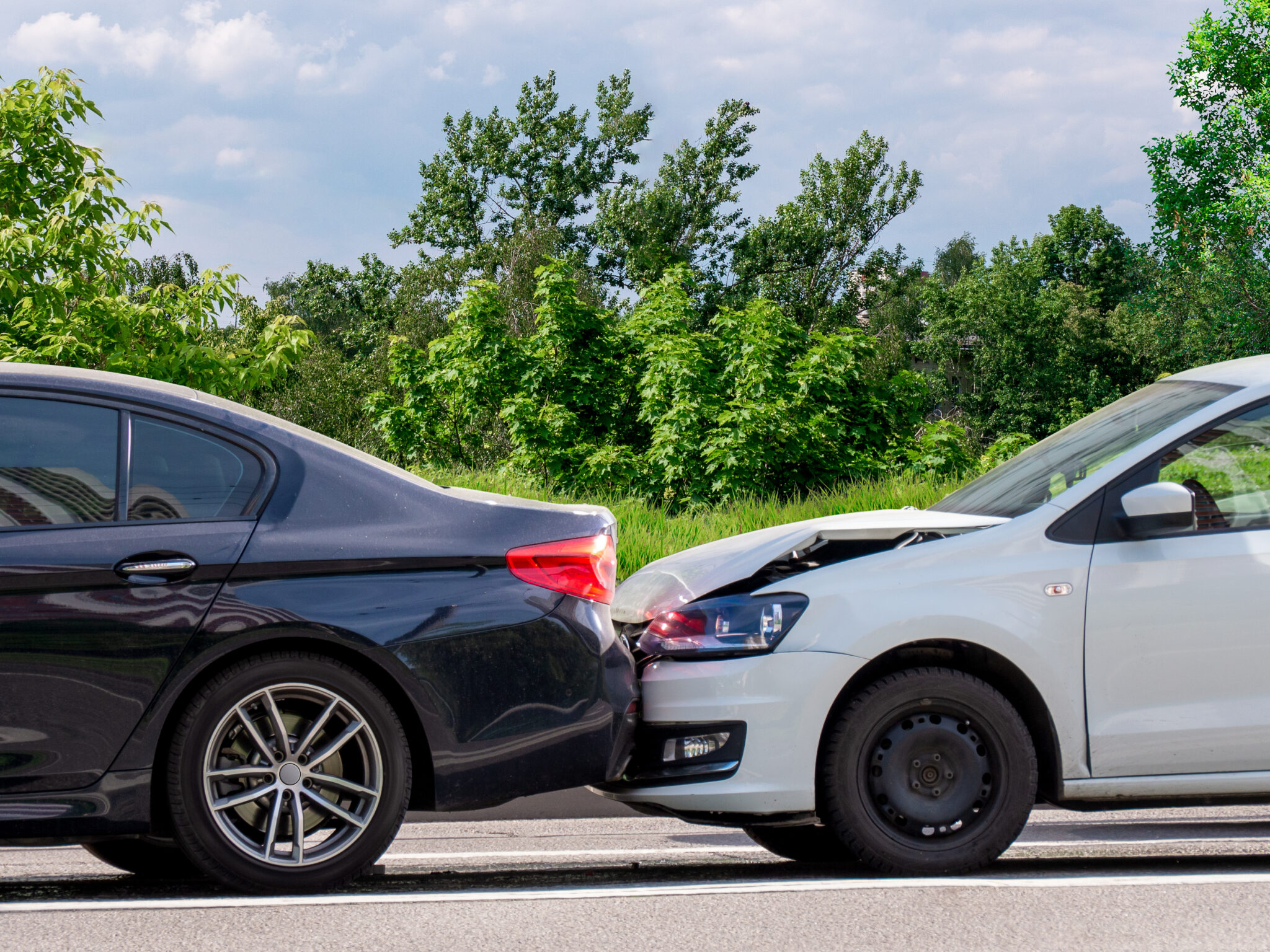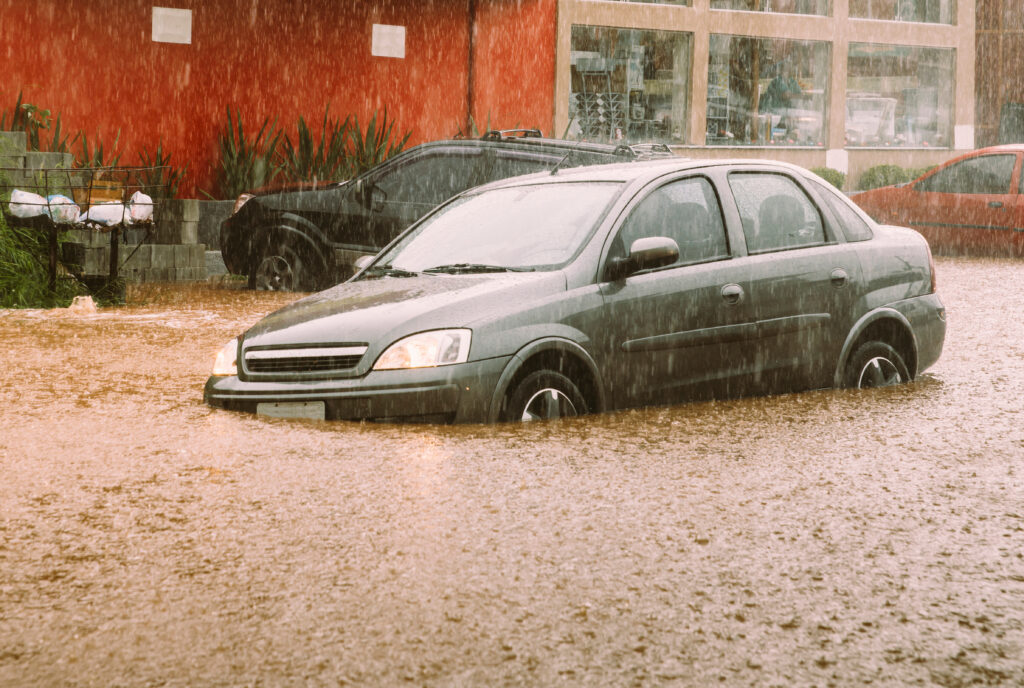Fender benders are common. According to Amica Insurance, there were nearly 2.1 million rear-end collisions in 2017. Many people think you should file a claim after any accident, even a minor one. But, sometimes, it’s better not to file and pay out-of-pocket.
This article will help you decide when you should file an auto insurance claim and when you should pay out-of-pocket. What you do can have long-term financial ramifications. Filing claims can raise your rates. And this could cost you more in the long run.
What Is a “Minor Accident”?
A minor accident is when there are no injuries, and your car didn’t sustain much damage. These accidents are usually at low speeds, such as in heavy traffic. Your vehicle may have any of the following:
- Damaged paint
- Dents
- Broken lights
- Damaged or gashed bumper
The costs in these accidents aren’t typically too high. Because costs are low, drivers often wonder whether they even need to file an insurance claim. The short answer is that it depends. At times, filing a claim is more trouble than it’s worth. Don’t file a claim if your accident costs less than your deductible, you shouldn’t file a claim. Consider how much your rates could rise before filling out that claim form.
Steps to Take After a Car Accident
There are many steps to take after a car accident, even if it’s a minor one. To avoid any confusion and get the best outcome, here are some steps you should follow:
- Get the driver’s information (name, address, phone number, insurance info, license plate)
- Check for injuries (if there are injuries, you must file a claim)
- Don’t admit fault; get to know the other driver if possible
- Call 911 and file a police report
- File a report with your state’s DMV
- Decide whether you should file an insurance claim
Even if you think the accident is minor, it’s still the smart choice to cover all the bases to avoid any extra headaches.
When to File a Claim
There are many instances where you should file a claim rather than pay for the accident yourself. Below are a few situations where you should consider filing a claim:
The Accident Involves Other Drivers
In many cases, this is a no-brainer. It’s very tough to agree with the other driver, especially when it comes to determining who’s at fault. Filing a claim in this situation can protect you from:
- False claims made by the other drivers
- Injuries that appear a couple of days later
- Worse car damage than originally thought
- Potential lawsuits and other claims
It’s easy to fall victim to unnecessary complications when other drivers are involved. Simply filing a claim with your insurer can help you avoid extra stress and costs.
Your Car Is Borrowed or on a Lease
If you finance or lease your car, you may have to report the accident to the lender and file an insurance claim. Many lenders require you to report the fender bender because of specific repair requirements.
And if someone borrows your car and crashes it, don’t expect them to report it. You aren’t off the hook just because someone else was driving your vehicle when it crashed. Do not hesitate to comply if damages are to the extent that reporting is mandatory.
Some lenders will even repossess your car if you fail to follow their rules. Be sure to check with your lender to find out if you should file an insurance claim.
The Damages Are Severe
This is a simple one. If the damages to your car are going to cost you a ton of money, you should probably file a claim to avoid the hefty costs. Also, if your deductible is way less than the costs to repair the car, you should file. For example, if your deductible is $200, but it will cost you $2,000 to repair the car, it makes sense to file a claim.
State Law Requires It
Even if it seems like you shouldn’t file a claim because you’ll save money, your state law might force you to. Most states require you to file claims under specific circumstances. Some examples are:
- Dollar amounts. If the damages exceed a dollar amount, you must file.
- Injury and death because of the accident
- Time limits. Some states give you a limited amount of time after the accident to file.
It’s important to check with your agent to make sure you’re following state laws properly.
When to Pay for the Accident Yourself
While there are many reasons to file a claim, it can make a lot of sense to avoid it if you can. However, you may be wondering when you should do so. Here are some of the most common situations where you should consider paying out of pocket for a fender bender:
Your Deductible Is Higher Than Repair Costs
Fender benders generally don’t cost as much as other accidents. Your deductible will likely cost more than the repairs. In this case, it makes perfect sense to pay out of pocket because you’ll save money. Say repairs cost $800 and your deductible is $1,000. Where’s the sense in filing a claim and getting that on your claim history? No, thank you!
The Accident Only Involves Your Car
If you had a minor accident involving your vehicle, it’s probably best to pay for the repairs yourself. If you accidentally crash into the side of your house or back up into a fence, you might want to leave the insurance companies out of the picture. As with the above section, you should only do this if the deductible is more expensive than the repairs.
You’re at Risk for a Rate Increase
One of the risks of filing an insurance claim for your minor accident is having your rates rise. It isn’t just as simple as filing a claim and having them go up, though. Rate increases usually happen because of your driving history. Driving history includes:
- Any past accidents
- Tickets that you may have received in the past
Remember, tickets and accidents typically stay on your record and impact your rates for three to five years. And until they disappear from your record, your rates will remain high. If you find yourself in this situation, it’s a good idea to shop around for better rates by comparing quotes from other insurance companies.
Frequently Asked Questions
Q: Will my rates increase after a fender bender?
A: Maybe. You’ll want to consider your overall driving record (tickets, past accidents), etc. Insurance companies tend to favor historically safe drivers. If you’re worried about a hike in your premiums, you might want to consider paying out of pocket instead of filing a claim. Only do this if it makes financial sense. Be sure that the law permits it in your state by checking with your agent.
Q: What happens if I don’t report a car accident?
A: The answer to this question depends on the state. Some states require you to report the accident to both law enforcement and your insurance carrier. If you fail to do so, you could be subject to legal penalties such as fines. To be safe, check with your insurance company about specific state regulations.
Q: I got into a minor accident, but the other person doesn’t want to involve insurance?
A: Don’t give in to the other person’s fear of involving insurance. If another party is involved, insurance is usually the best way to save yourself extra costs and headaches. However, if they’re still uncooperative, involve law enforcement and let them take care of the situation.


